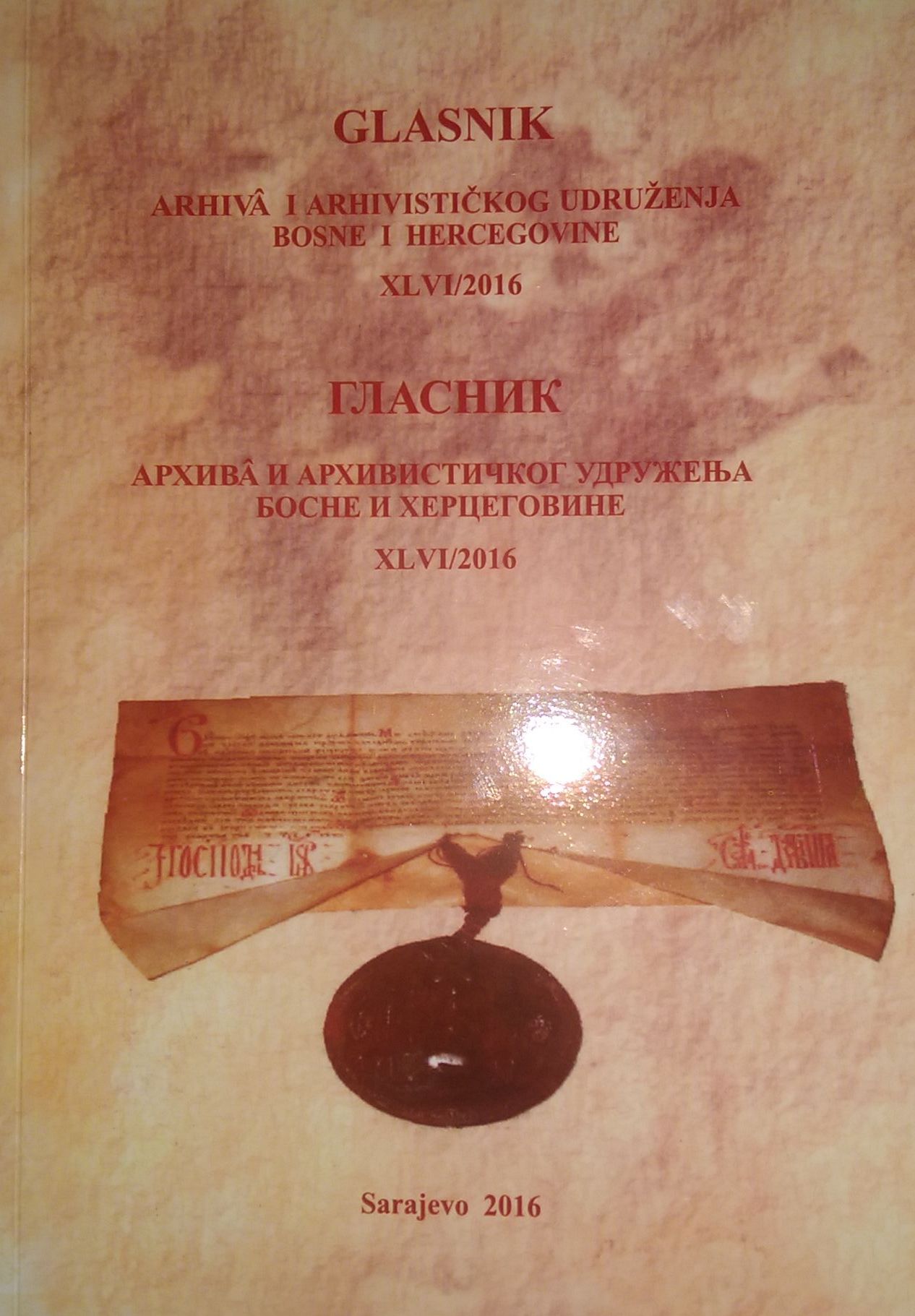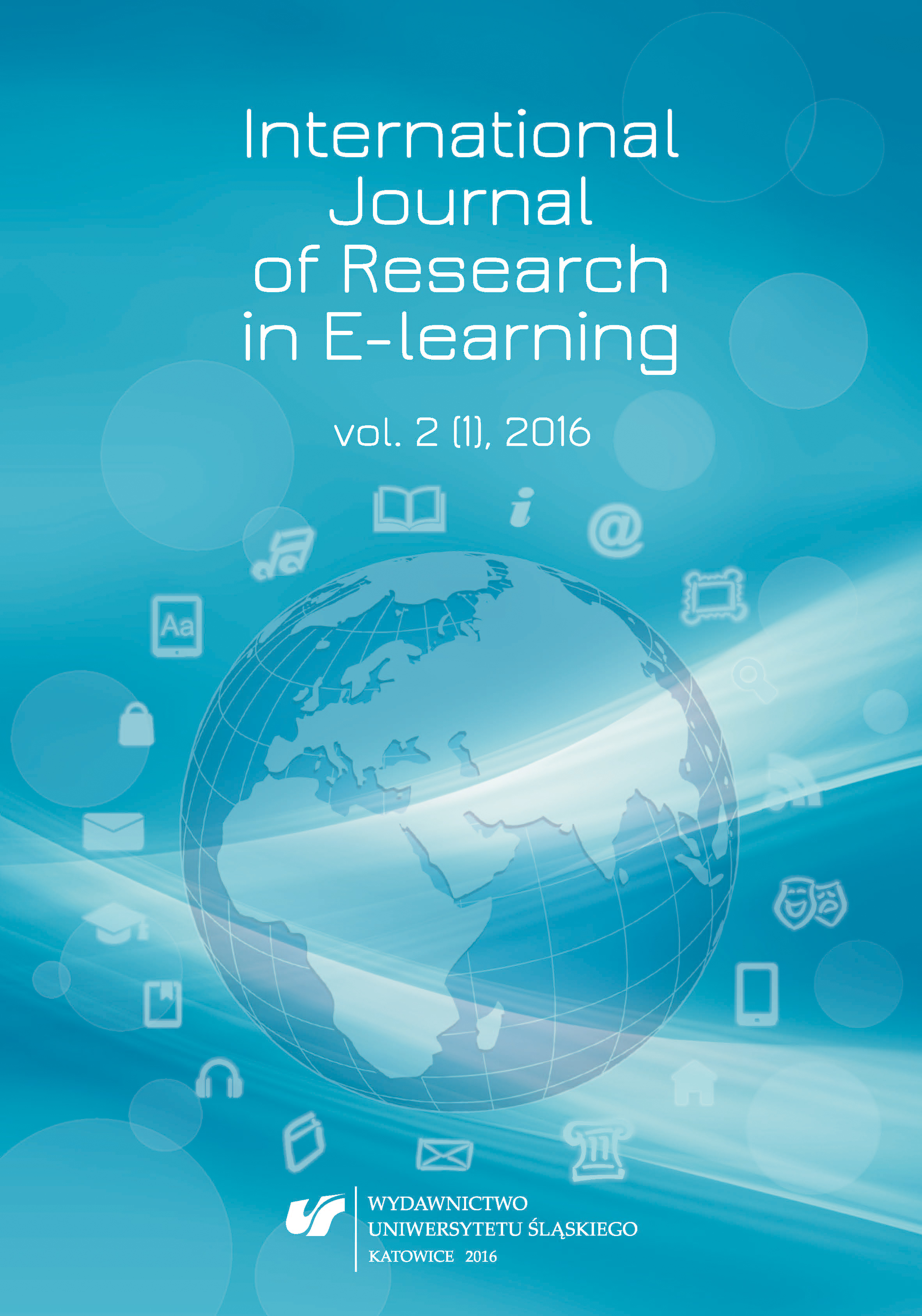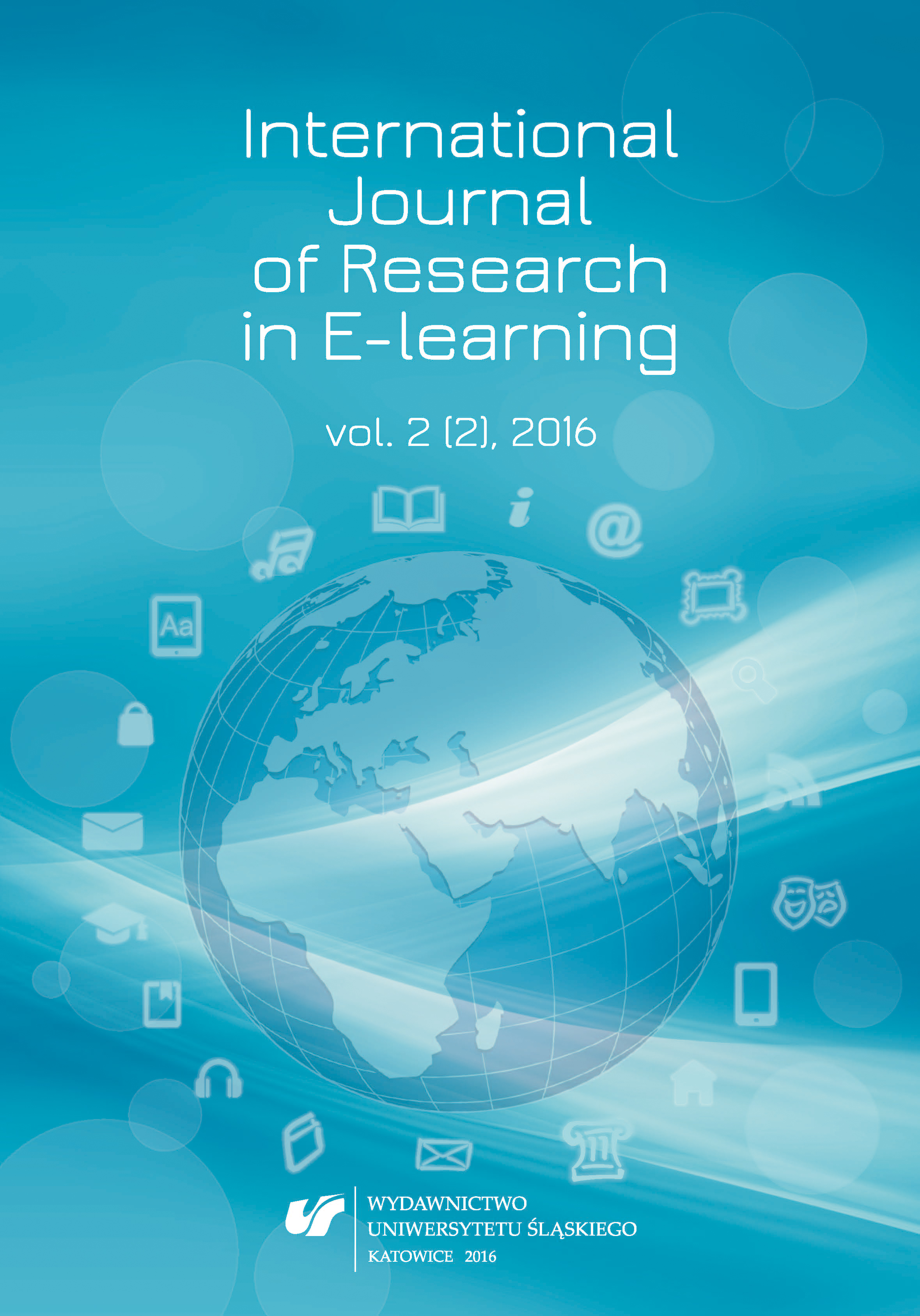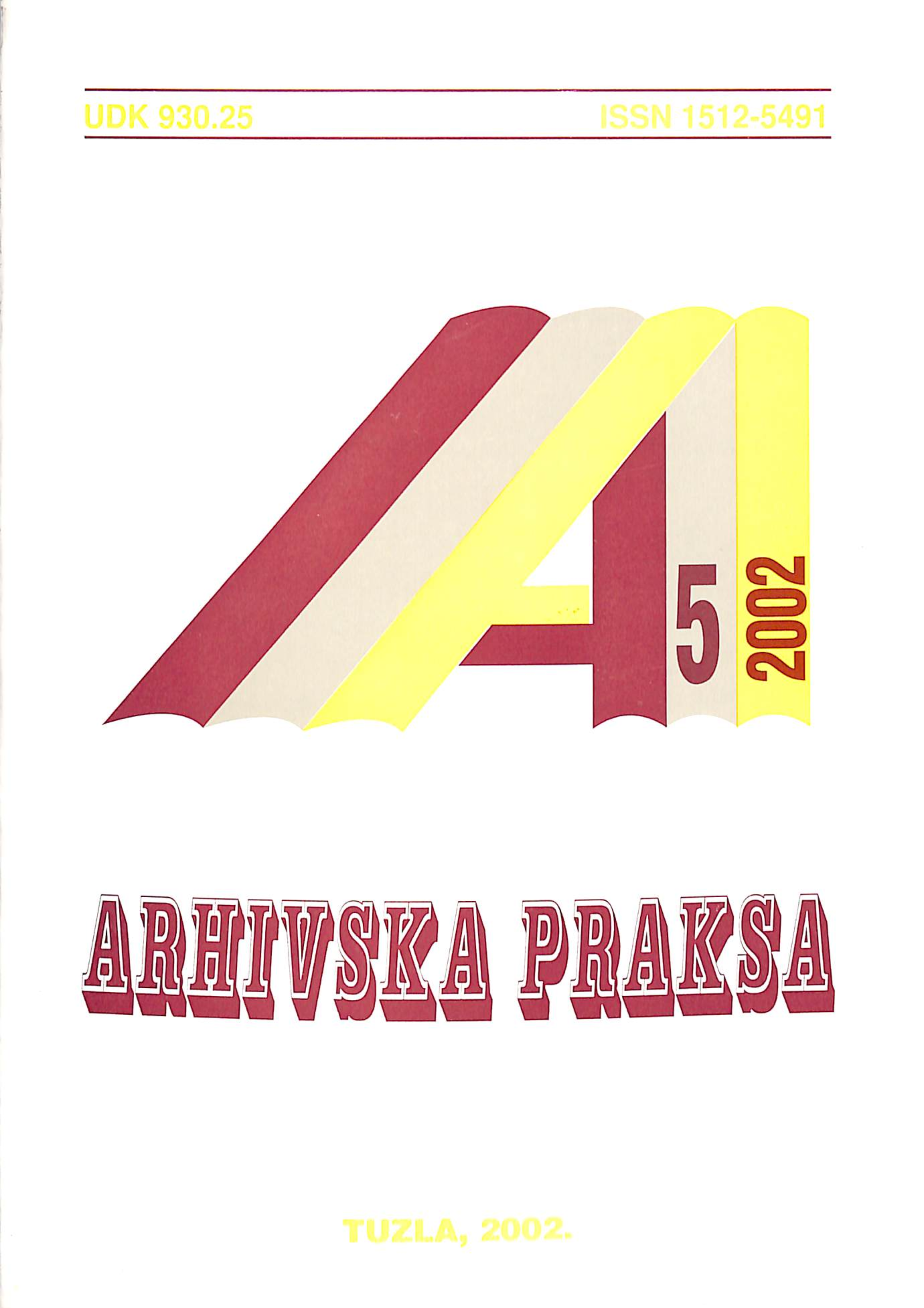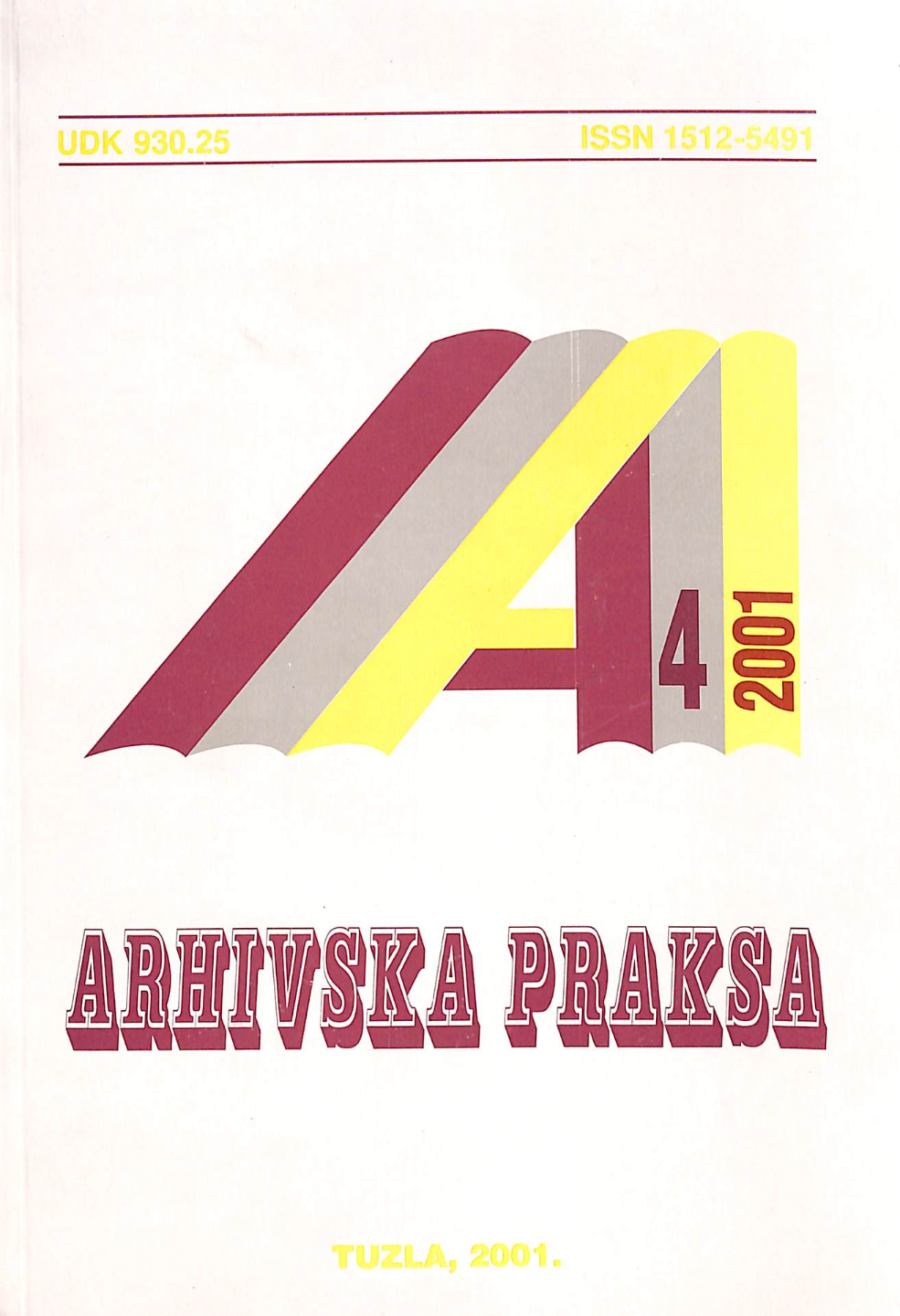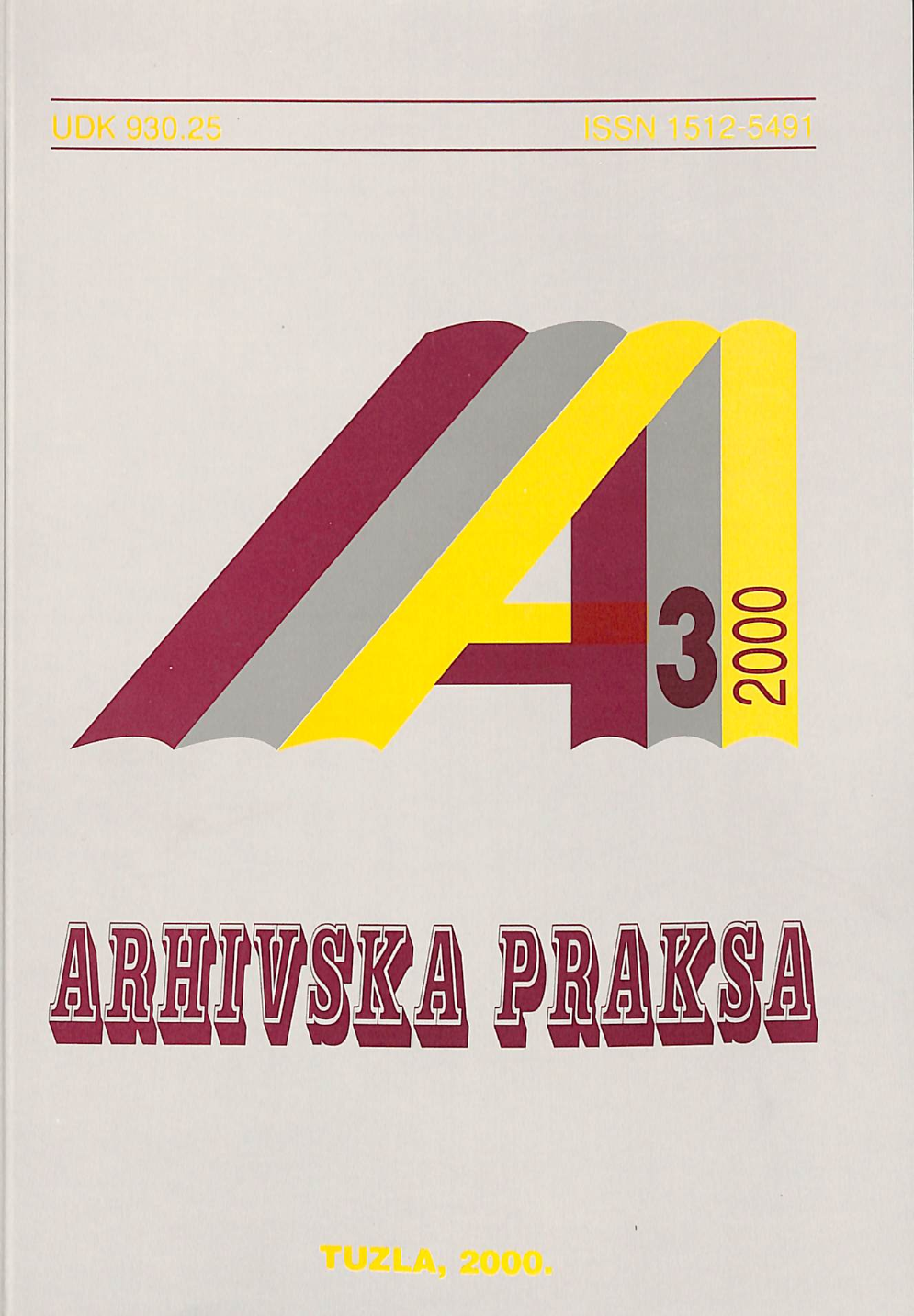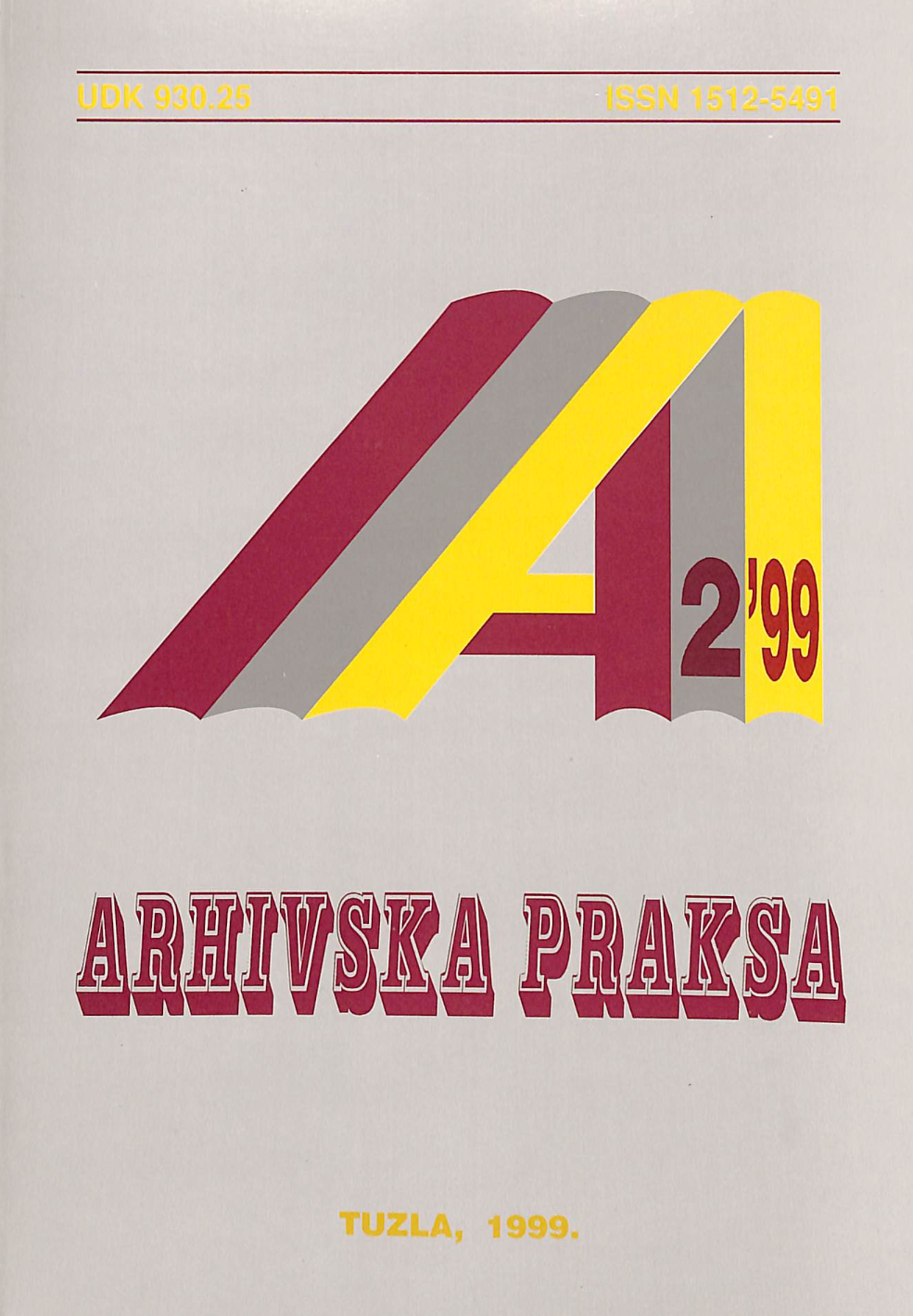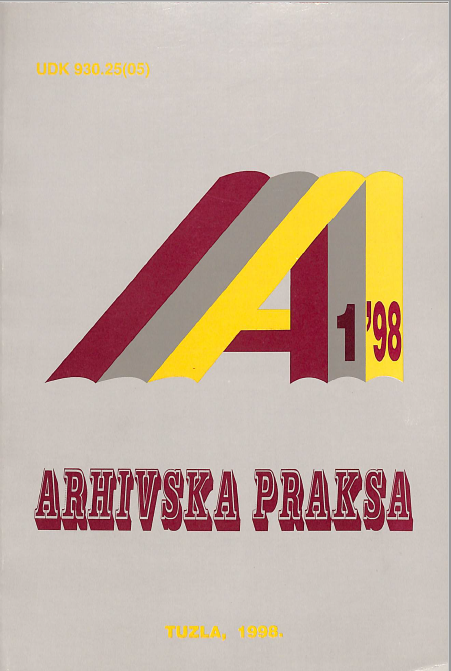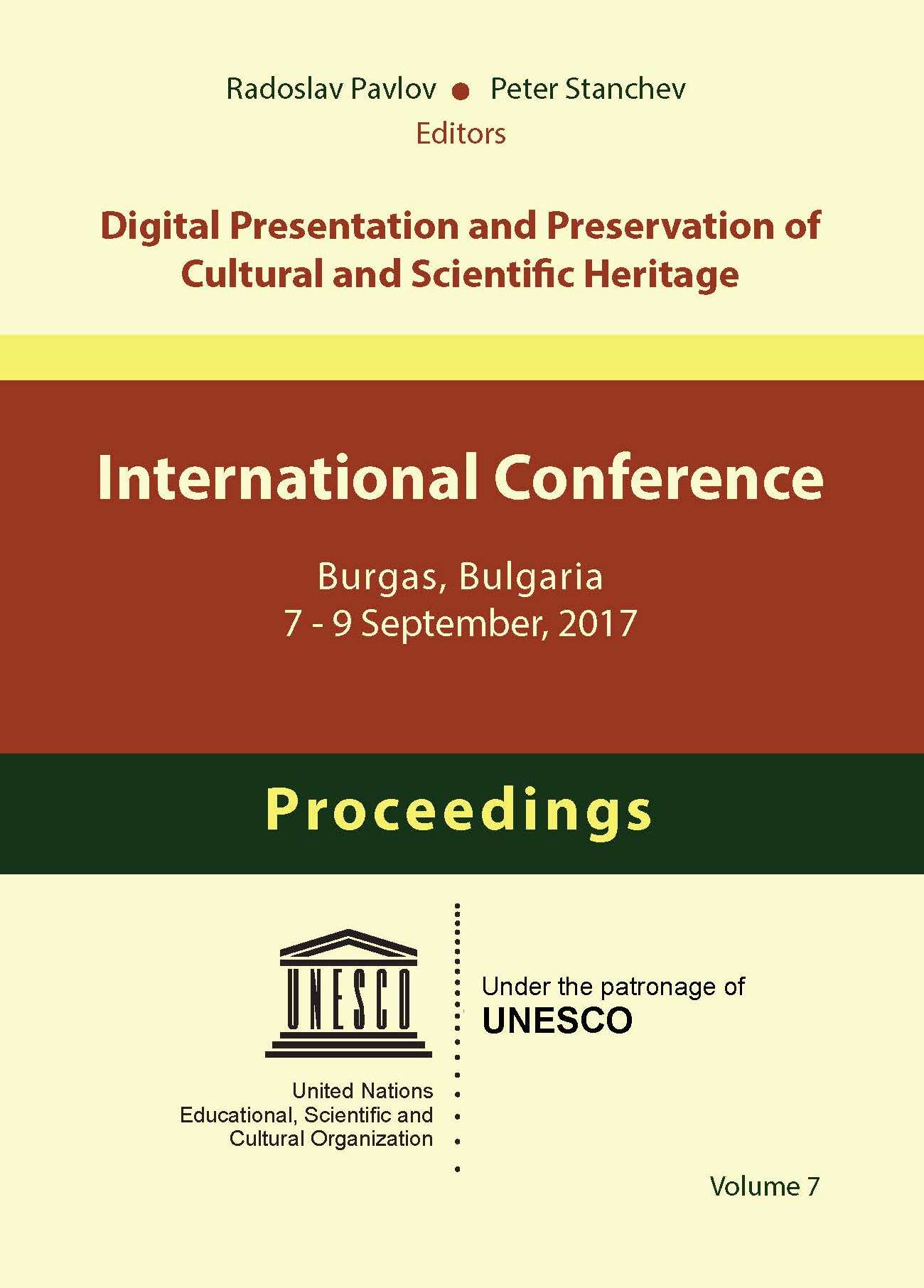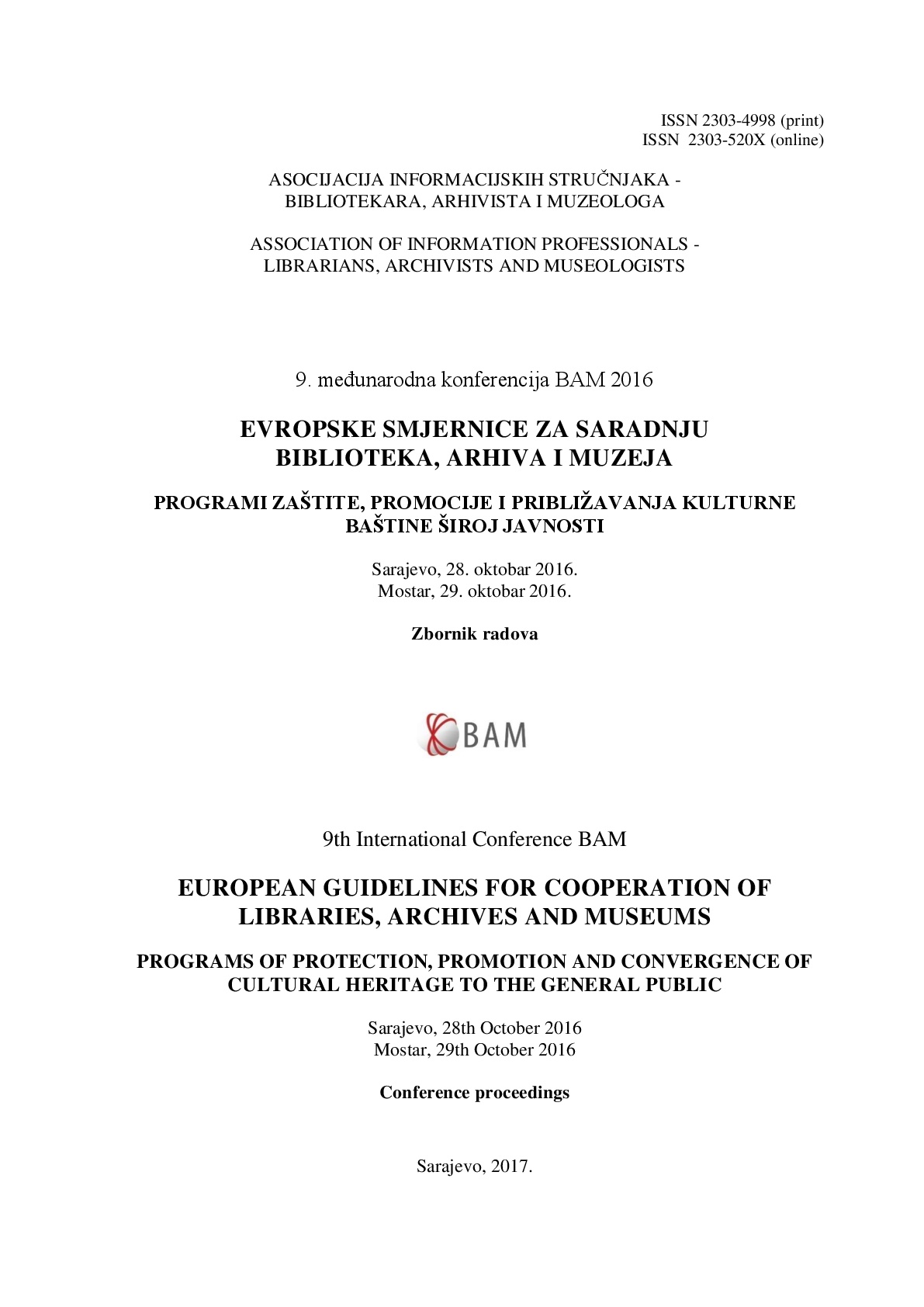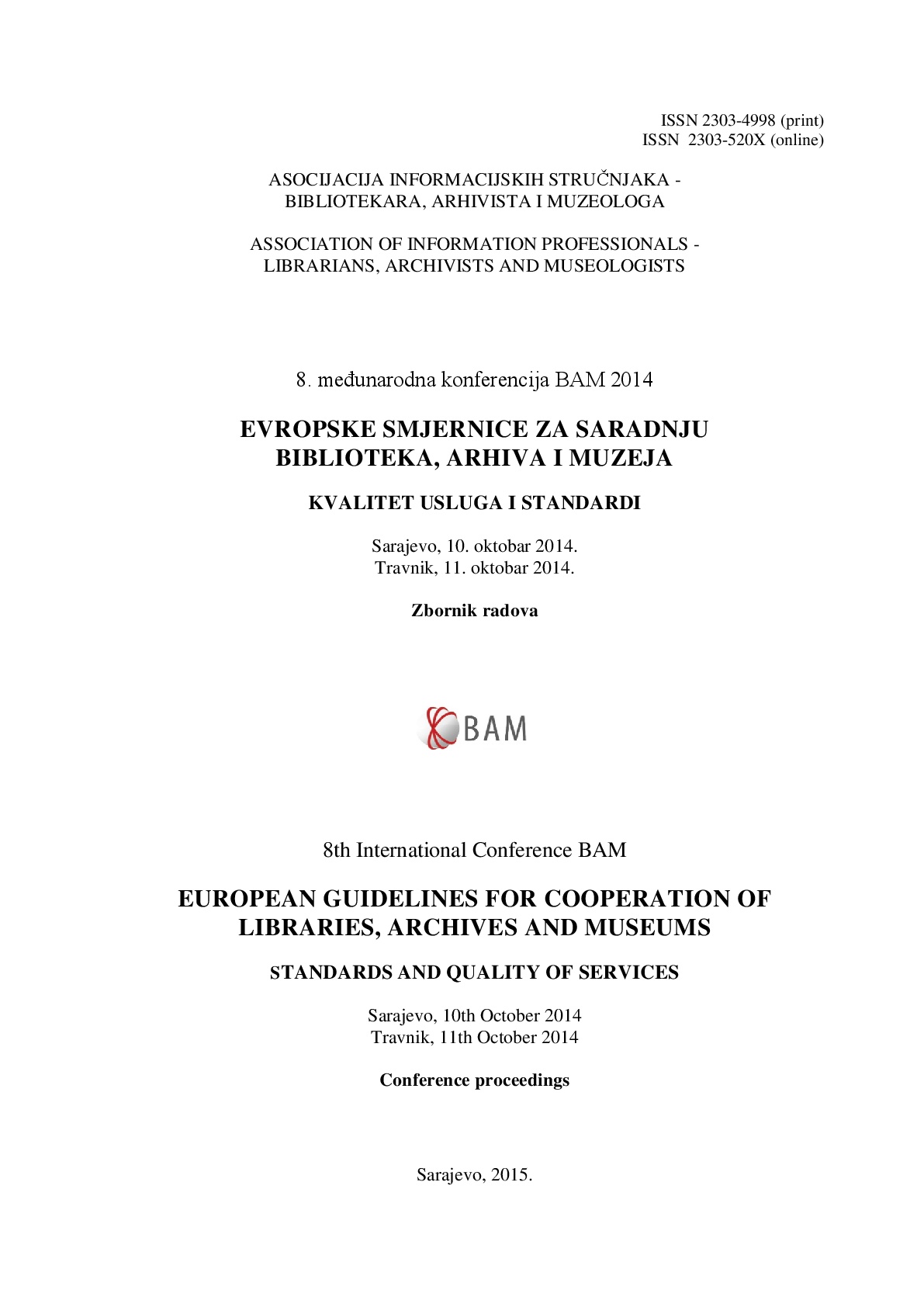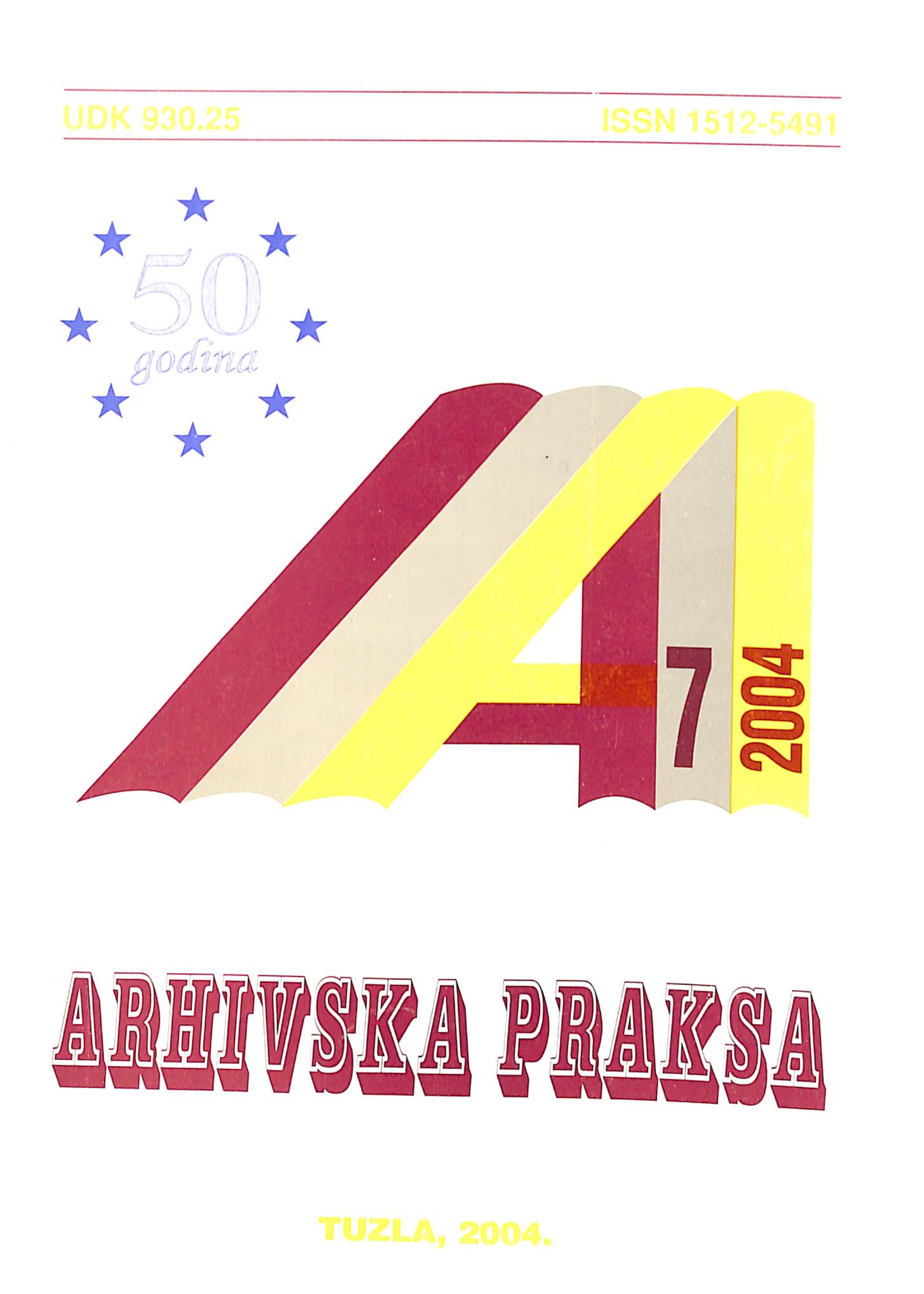
ARHIVSKO PODRUČJE I EVROPSKA UNIJA
At present Slovenian archival service is involved in two working groups: in the forum OLM (for the management of electronic records) and in the project group compiling the new edition of the "Report on Archives in the European Union" (better known as the "Black Book"). The latter is based on the Council Resolution of May 6th, 2003 on Archives in Member States. For the period of the next several years, the new "Black Book" predicts a wide spectrum of cooperation between archives of the member states and EU institutions, covering specific activities and actions in al most every area of archival services. The second part of the paper dis cusses project options. Regarding the cooperation you may find numerous possibilities to apply for funds of various EU programmes as well as to cooperate with partners in Slovenia and abroad crossdiscipli nary connections included. Such possibilities undoubtedly will continue to grow in the future. The third part deals with EU legislation in regard to archival profession. Namely, most of the documents of the European Com munities that regulate archival activities are not obligatory, but recommended. In the majority of cases such documents are recommendations or resolutions, serving as a basis for the archival cooperation be tween present and future EU members and institutions of the European Communities. Obligatory documents such as instructions do not often in terfere directly with archival professional activities, but deal with them indirectly or partly (export of cultural goods, exploitation of information for the public, harmonization of copyright and related rights) and are subject for other national acts. Of great importance is their harmonization with archival acts.
More...
